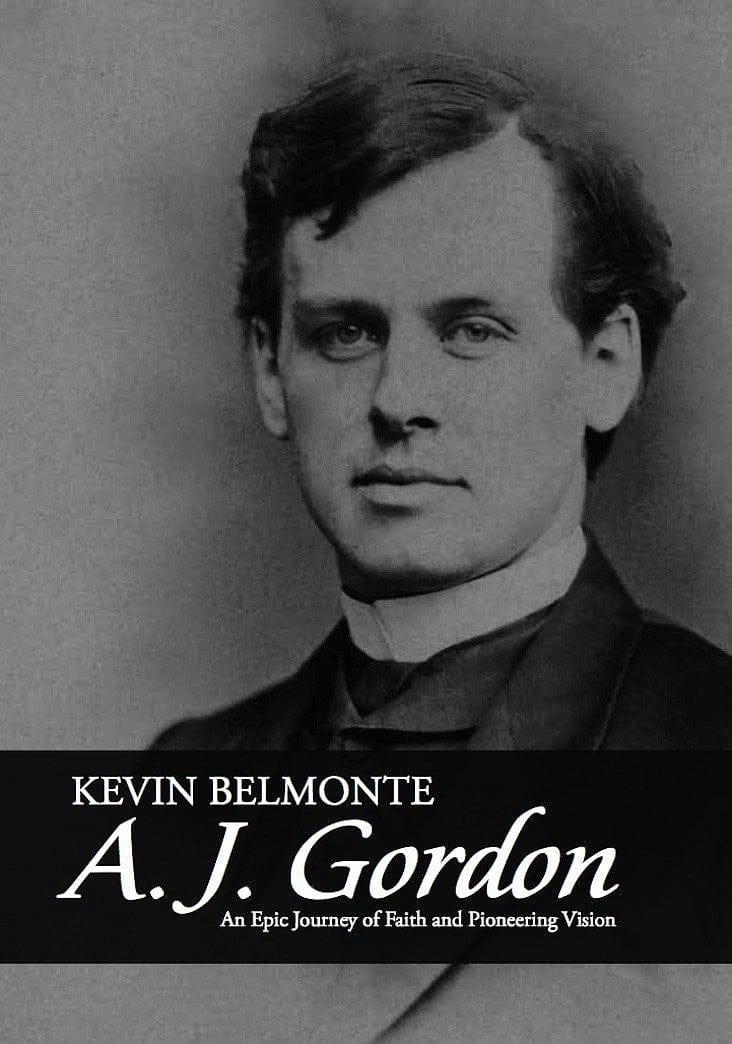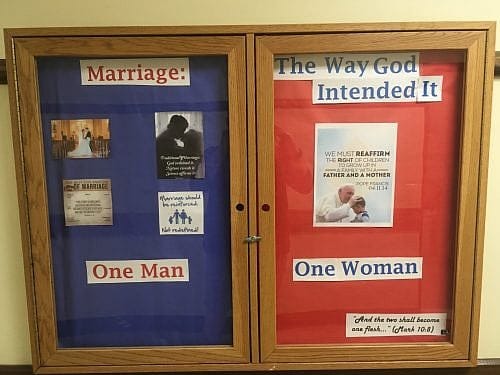A.J. Gordon: A Great Spiritual Leader Who Changed the Face of Boston

Kevin Belmonte has written another superb biography. In 2002, he authored a seminal work entitled William Wilberforce: A Hero for Humanity. It told the story of the great Christian reformer who, as a member of British Parliament, was responsible for halting the British slave trade in 1807. Several decades later, Wilberforce's long-term fight to abolish slavery throughout the British Empire was successful. When Belmonte wrote this biography, William Wilberforce was a historical figure who was largely unknown to 21st century Americans, and Belmonte blazed the trail for the influential and engaging biography of Wilberforce by Eric Metaxas, Amazing Grace, and the popular movie by the same name released in 2007.
Now Belmonte has published another excellent biography: A.J. Gordon – An Epic Journey of Faith and Pioneering Vision. Like Wilberforce, Adoniram Judson Gordon is not a well-known figure to most Americans – even to citizens of Boston where he lived most of his life. Gordon was a Baptist minister, an outstanding preacher, an accomplished author, a writer of hymns, a mentor to Ivy League college students and a social entrepreneur. In addition to ministering to his flock at the Clarendon Baptist Church in South Boston for 25 years, he founded a homeless shelter which cared for thousands of Boston's destitute. He also established a missionary training school which later became a Christian liberal arts college which was named after him. He was a friend and valued colleague of D. L. Moody – the great evangelist who was the late 19th century equivalent of Billy Graham. In short, he was a man for all seasons.

